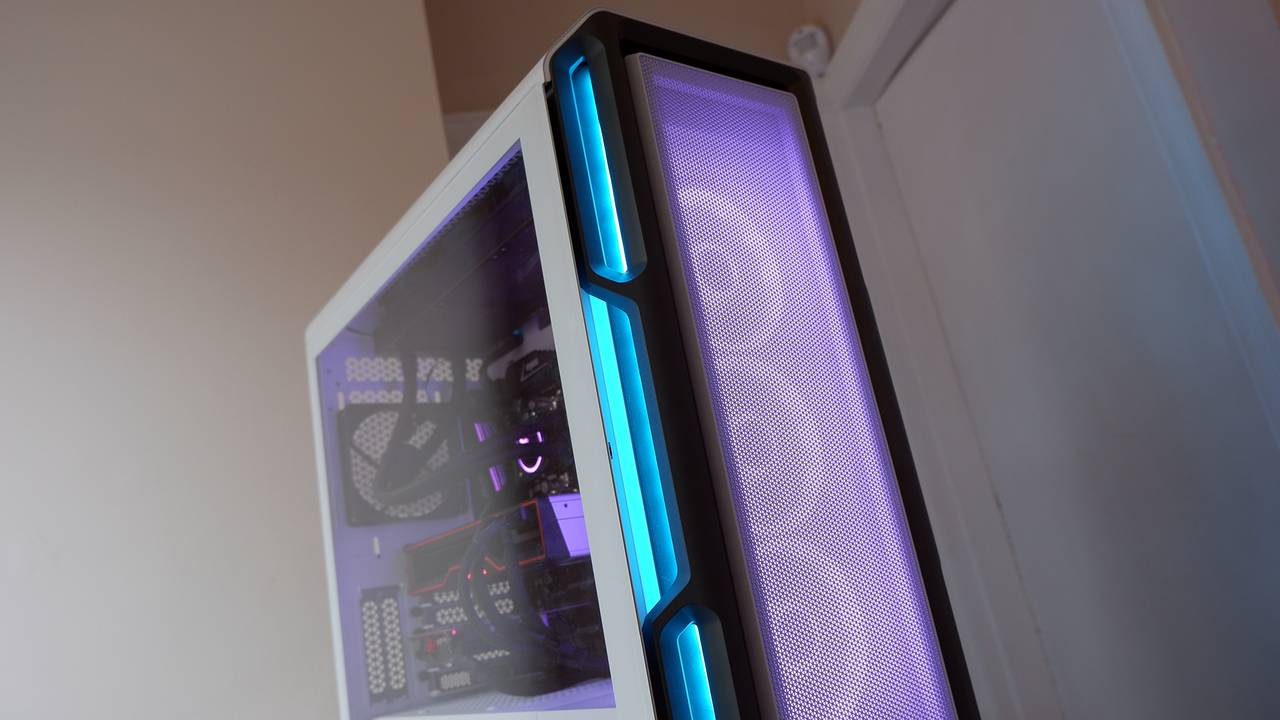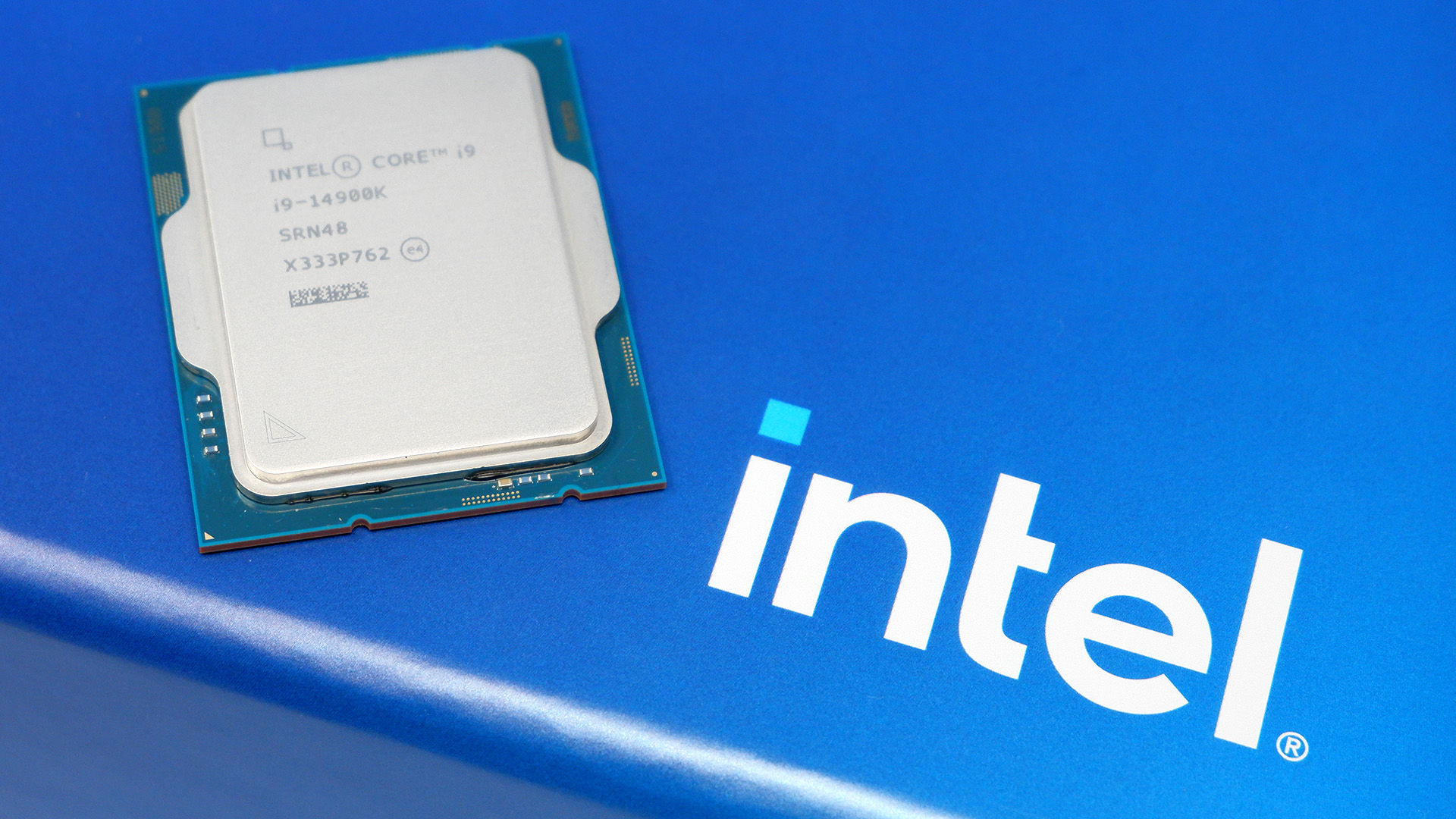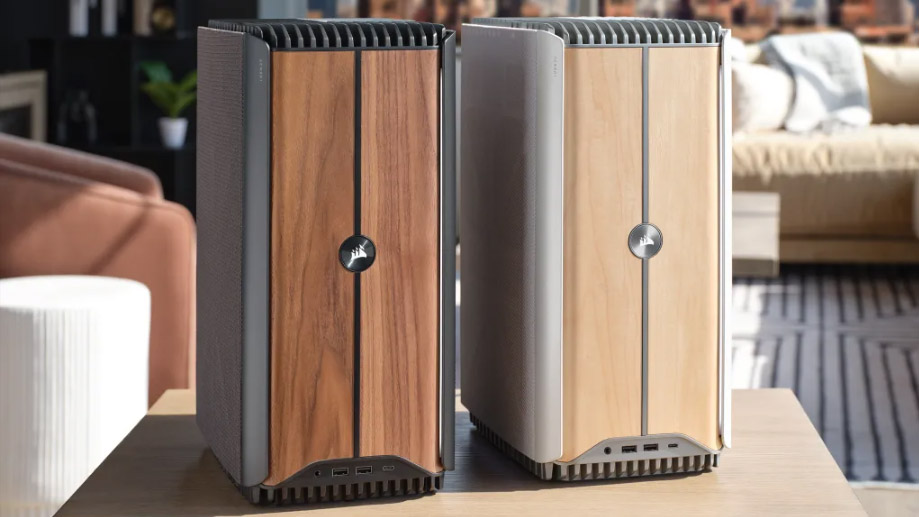PC repair shop discovers Corsair is selling Intel 14th Gen gaming rigs without all of the instability and voltage fixes, and there’s no way around the problem

As it has been 11 months since Intel released its ultimate fix for Core 13th/14th Gen voltage and instability problems, you’d be forgiven for thinking that it surely must be safe to buy any prebuilt gaming PC with a Core i7 14700 or Core i9 14900 processor. However, the findings of one US repair shop suggest that this might not be the case, because at least two Corsair models don’t have all of the fixes, and there’s no way for owners to apply them.
That’s according to Matt’s Computer Services on YouTube, which says that a $5,000 Corsair gaming rig, with a Core i7 14700KF, had been submitted to the repair shop three times, due to crashing in games. The host of the video explains that, having gone through every possible check and attempt at solving the problem (including usual things such as reinstalling Windows and trying a more powerful PSU), the issues persisted.
It was only when they delved into the motherboard’s BIOS that the penny finally dropped. The pre-built in question is using an Asus Prime Z790-P motherboard, updated to Corsair’s most recent BIOS for it (version 9046). The video highlights the fact that this firmware is using Intel’s 0x12B microcode, which it released in September 2024, to prevent elevated core voltage issues.
However, Intel issued a further microcode update (0x12F) in January 2025, to supplement 0x12B, in an attempt to capture the last remaining scenarios that would cause Core 13th/14th Gen chips to use too much voltage and permanently damage themselves.
If you’re a reasonably experienced PC enthusiast, you’re probably already thinking, ‘Well, just go to the Asus website, download the latest BIOS, and it’ll all be fine.’ That’s what the video host says they did, but discovered that the motherboard in the Corsair rig doesn’t recognise it. That’s because it’s using a custom version of the firmware, made by Corsair’s engineers.

Matt’s Computer Services then goes on to say that they contacted Corsair about this, and that the company said they were working on a BIOS update that will incorporate the 0x12F microcode. If one ignores the fact that it should have done this back in January, it’ll be too late anyway, because the processor is already damaged. The only way that Corsair rig will ever run perfectly will be with a 0x12F BIOS and a brand-new Core i7 14700KF chip.
If you’ve spent the better part of five thousand dollars on a gaming rig, you’d surely not expect to have to replace the CPU after a year or so. While its latest Intel machines all use Core Ultra 200S chips, which don’t suffer from the Raptor Lake and Raptor Lake Refresh problems, you can still buy ones that do.
The webpage for the $1,900 Corsair One i500, with a Core i9 14900F and an RTX 5070, includes a downloads section, which shows that its latest BIOS only has the 0x12B microcode, not 0x12F.
It doesn’t matter whether or not the average PC gamer will ever operate the computer in the scenario that the latest microcode covers; even if you make a warranty claim, the returned item is still going to be limited to 0x12B. In other words, you’re looking at a situation where you’re simply never going to be fully protected.

Just how widespread this problem with Corsair’s Intel gaming PCs is can’t be judged to any degree of certainty. The findings of one repair shop in the US and a single One i500 listing are hardly compelling evidence to suggest that all Corsair rigs with 13th/14th Gen processors are potentially at risk of permanent CPU damage.
If you have a Corsair gaming PC with an Intel Core 13th/14th processor, and you don’t know what microcode the BIOS has, you can check it by using CPU-Z. This little app is free to download and use, and you’ll find the microcode listed in the Motherboard tab. If it doesn’t say 0x12B or 0x12F, then you’ll need to update the BIOS as soon as possible.
Though if the above findings are indicative of Corsair’s entire range, it would seem that nobody will see 0x12F, and there’s nothing anyone can do about it.


